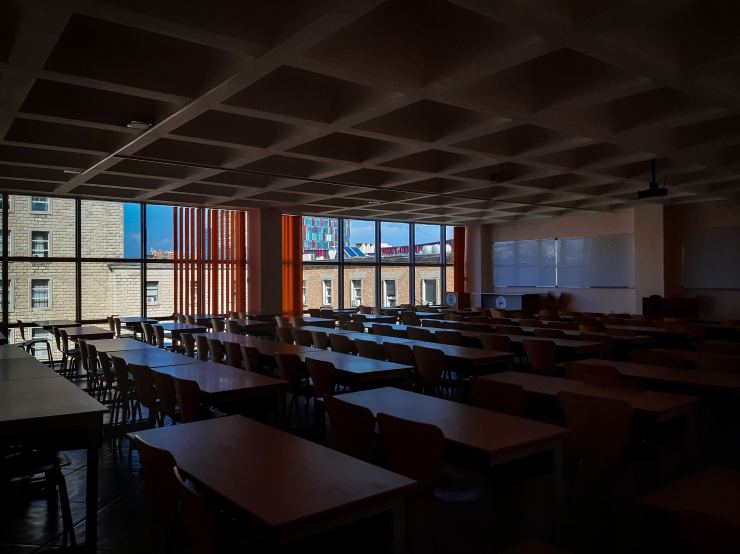
Educational leaders are calling for more specialist teacher recruitment after a fall in the number of students taking A level Religious Studies (RS).
The Religious Education Council of England and Wales (REC) and National Association of Teachers of Religious Education (NATRE) have issued a joint warning after RS A level exam entries fell by 3.5 per cent in England, and 24 per cent in Wales.
The RS A level was taken by 14,690 students in England this year, down from 15,216 in 2022. In Wales, there were 748 entries in 2023, compared with 982 last year.
The fall has concerned the REC and NATRE after decades of growth in entries to the subject, up 39 per cent between 2003 and 2022.
They are warning that a shortage of specialist teachers in the subject has left some schools struggling to offer the subject at A level.
Regions particularly affected by the shortage include the Midlands and North East.
The shortages are the inspiration for a recently launched campaign to create a new generation of RE teachers.
NATRE has called the teacher shortages "a travesty".
NATRE Chair, Katie Freeman said: "Despite this dip in entries, A level RS continues to be a very popular choice at A level, being both personally enriching and intellectually challenging. RS A level teachers are highly trained professionals, managing classroom debates on sensitive ethical and theological issues that continue to inform the modern world.
"To be in a situation where students are not able to take Religious Studies at an advanced level is a real travesty, denying many young people an opportunity to partake in a subject that has opened up a world of opportunities in higher education, their personal lives and the world of work."
Sarah Lane Cawte, REC Chair said: "These results show the really concerning impact that teacher retention and recruitment is having on the subject.
"For the last two decades, A level Religious Studies has been a success story with growing numbers of entries and impressive results that have opened up a world of opportunity, particularly for people from disadvantaged backgrounds, providing them with access to top universities and careers in law, journalism and teaching.
"That legacy is now threatened. A teacher training bursary and a fair allocation of resources to the subject would help reverse this trend and ensure RE continues to thrive as it has done for the last decades."




